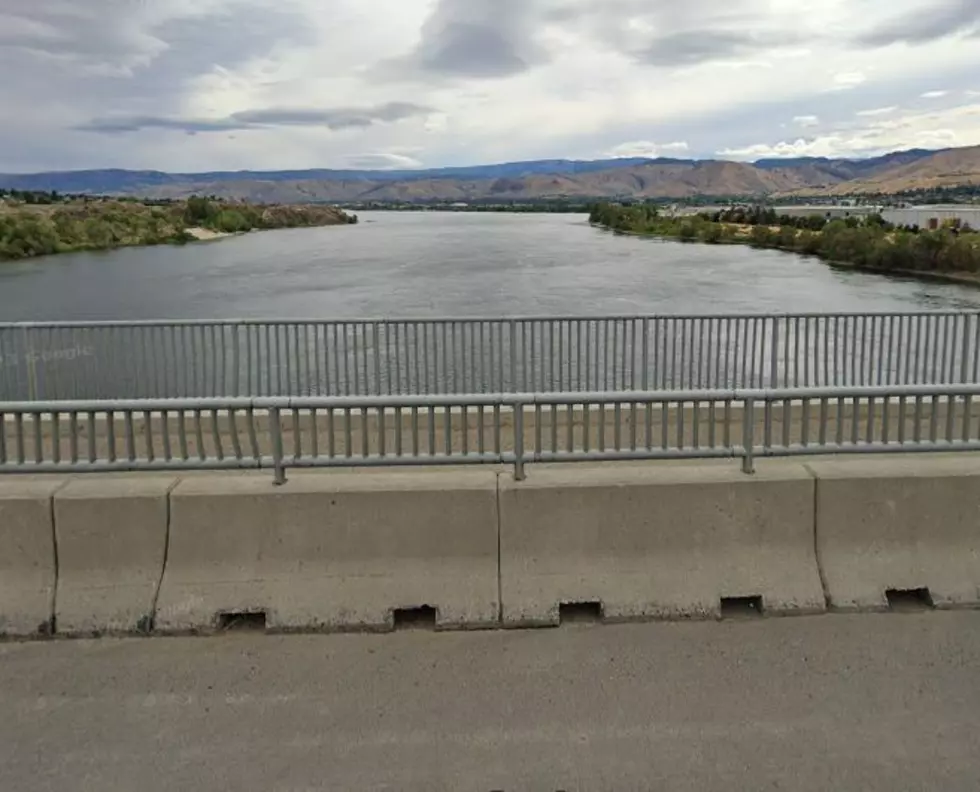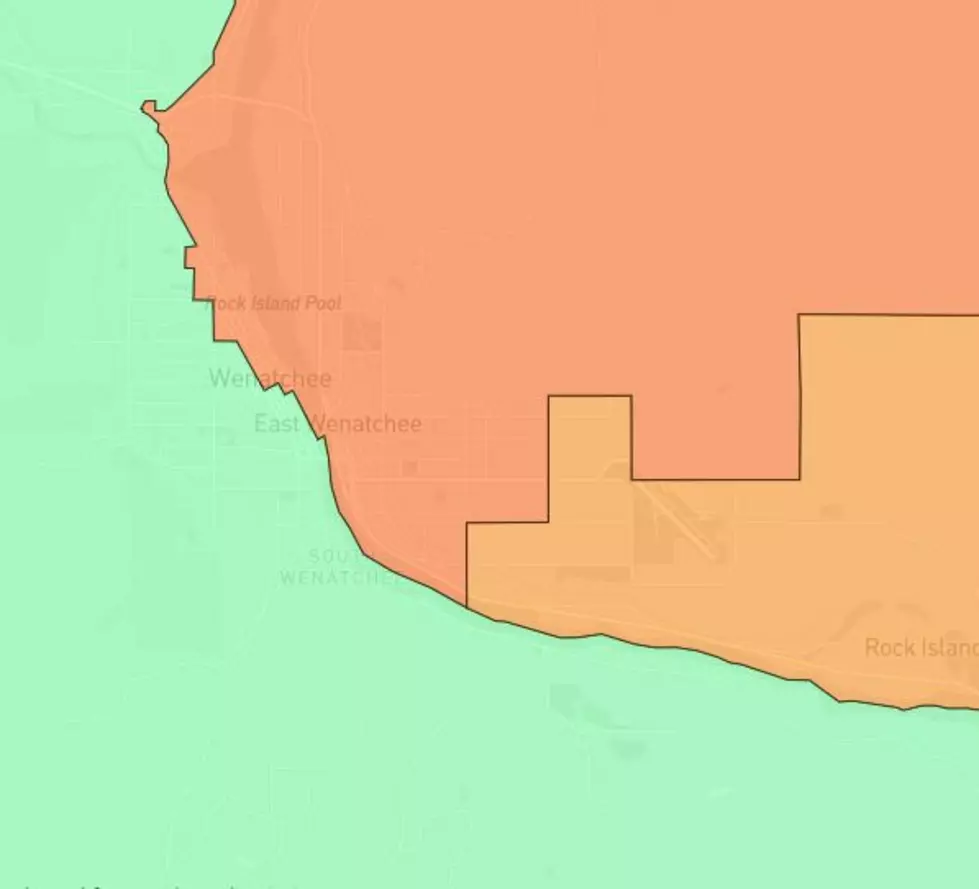
Low-Income Washingtonians Carry Heaviest Tax Burden in U.S.
Washington state has the most regressive tax system in the nation, meaning low- and middle-income Washingtonians pay an oversized share of their wages in taxes. That's according to a new report from the Institute on Taxation and Economic Policy. Their "Who Pays?" study finds people in the top one percent pay just three percent of their income in state and local taxes. Meanwhile, those in the bottom 20 percent pay nearly 18 percent. John Burbank, head of the Economic Opportunity Institute in Seattle, says that's because the state relies on regressive forms of taxation such as sales and property taxes.
"We're going to have this continuing growth in terms of the discrepancy between what low-income and indeed middle-class families pay, in terms of state and local taxes, and essentially the windfall from taxation that the top one percent enjoy."
Washington is one of seven states without an income tax. A decreased tax base means less money is available for public services in the state, and Burbank says that hurts all Washingtonians. For instance, as tuition increases at state colleges and universities, less financial aid for education is available to middle-class families.
Misha Werschkul, executive director of the Washington State Budget and Policy Center, says the state is an outlier among nearby states. California, Idaho, Montana and Oregon rank within the top 15 for equitable tax systems. Werschkul says Washington could move in their direction by reforming property taxes or expanding the Working Families Tax Rebate, the state's version of the Earned Income Tax Credit.
"We're kind of out here on our own with this very inequitable tax code, and we could do something in the 2019 state legislative session to make it better."
Burbank says Seattle could provide a model for a more progressive system as well. Although it's being challenged in the courts, the city council last year passed a two-point-five percent income tax on people making more than 250-thousand dollars a year.
"That would, just in Seattle, bring in about $180 million in new revenue a year, enabling the city to actually decrease both property taxes and sales taxes."
The Washington state Supreme Court is expected to hear the Seattle case in 2019.
More From NewsRadio 560 KPQ








